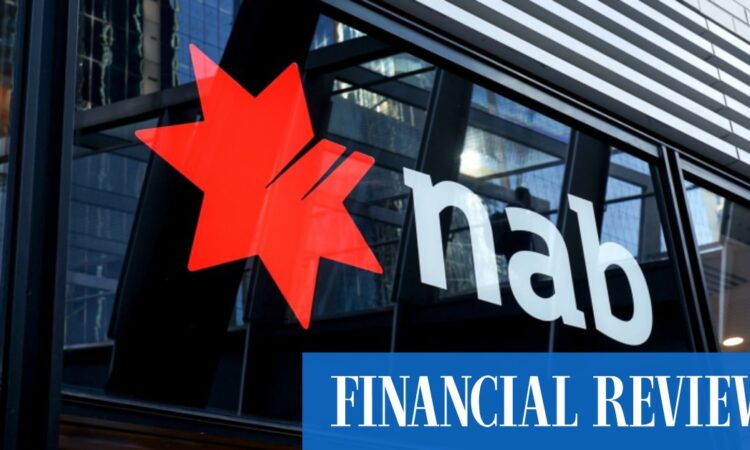NAB head of fraud Chris Sheehan says the bank will block payments to high riskcryptocurrency exchanges as pressure mounts on Binance

The Australian Financial Review has previously reported Westpac and the Commonwealth Bank have begun blocking payments to Binance, and ANZ said late last month it would start “preventing payments being made to particular high risk cryptocurrency platforms”. These changes will limit the exchange’s ability to deposit and withdraw fiat money from the local banks.
Binance has also lost its local banking partner Cuscal, which helps facilitate payments via PayID and other methods, and the Australian Securities and Investment Commission has withdrawn its local derivatives licence.
The heightened attention on the exchange follows a lawsuit from the US Securities and Exchange Commission that alleges Binance and its chief executive Changpeng Zhao, one of the most prominent figures in the cryptocurrency world, “wilfully evaded” laws and ran an illegal exchange.
In November, Mr Zhao’s rivalry with disgraced FTX founder Sam Bankman-Fried came to a head when Mr Zhao cast doubt on FTX’s stability, helping fuel a sell-off in the company’s tokens. This set off a chain of events that led to FTX’s collapse and criminal charges against Mr Bankman-Fried. Since FTX’s collapse, the crypto industry has faced mounting regulatory pressure.
Banks face heat on customer protection
At a parliamentary hearing last week, CBA chief executive Matt Comyn said 50 per cent of scams his bank had identified recently were linked to cryptocurrency. The Australian Competition and Consumer Commission has also found people lost $221.3 million to crypto-related scams last year.
The crypto crackdown comes as banks face increasing pressure to do more to protect customers. NAB’s Mr Sheehan said the bank’s scam alerts had helped consumers save $270 million by introducing payment prompts and engaging with telcos to stop text spoofing.
Still, the House of Representatives economics committee agitated for the major banks to adopt a system that would force them to refund scammed customers, unless the customer was negligent, similar to an incoming measure in the United Kingdom.
All were resistant to the idea – NAB chief executive Ross McEwan said it would create a “honeypot” effect for scammers, and ANZ’s Shayne Elliott said scams had increased in the UK at a faster rate than Australia and such a measure may even reduce consumer alertness to scams.
Mr Sheehan said such a regulation was “short-sighted” and created a “moral hazard”.
“There is a risk of creating an environment … where one side of the relationship has all the responsibility and all the accountability, and the other side can make whatever decision in makes without any risk,” he told the Financial Review. “So, how would that influence the other side of the equations decision-making, diligence and caution?
“We want to stop these things happening in the first place. That is going to require partnership between banks, telcos, online platform and, honestly, customers and government.
“If the argument is ‘just make the banks pay’, it doesn’t stop the underlying criminality nor our communities in the long run because the money is still going to activities that harm our society.”






